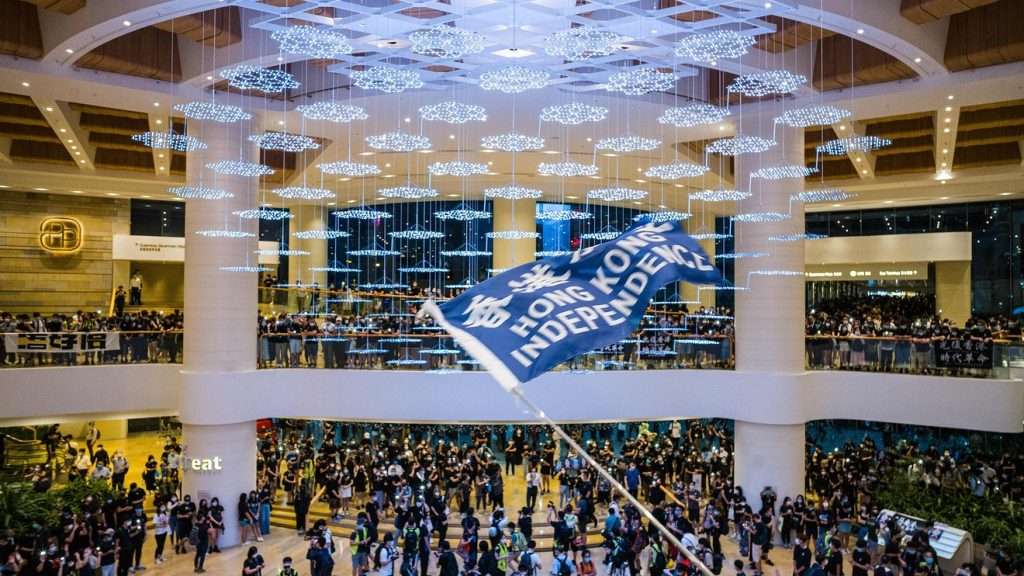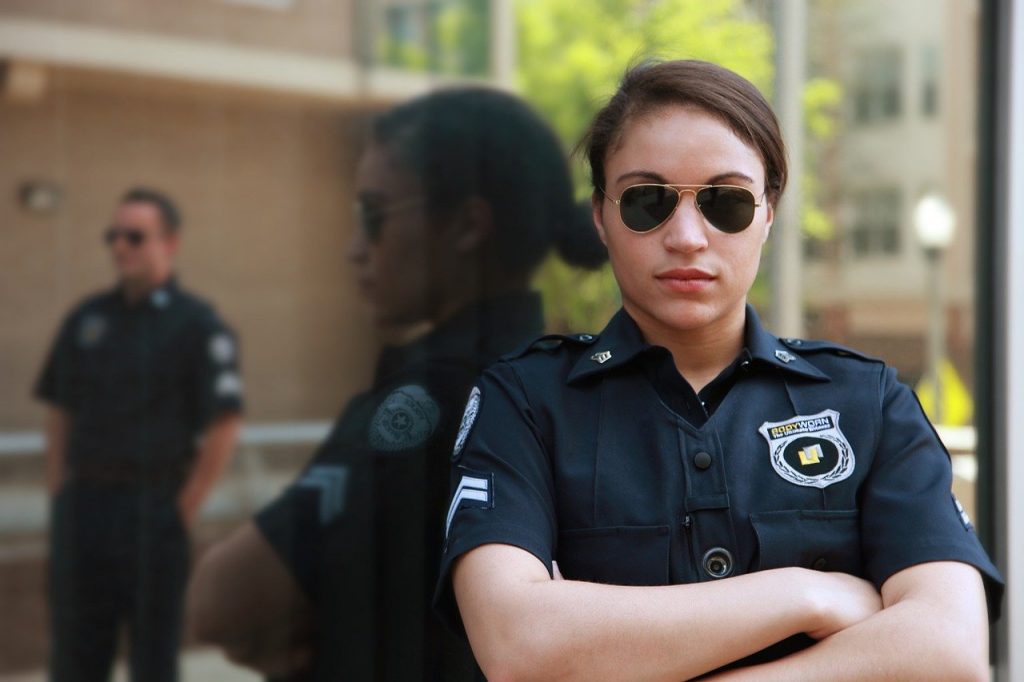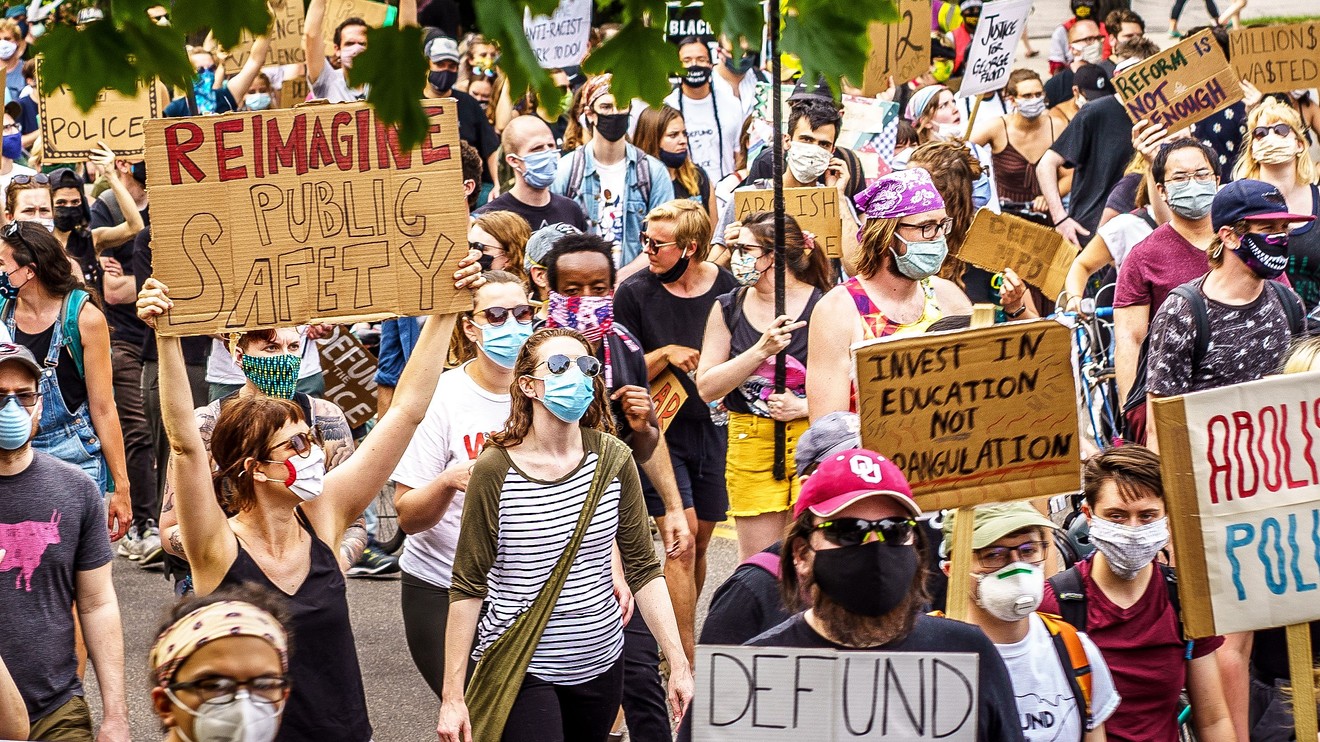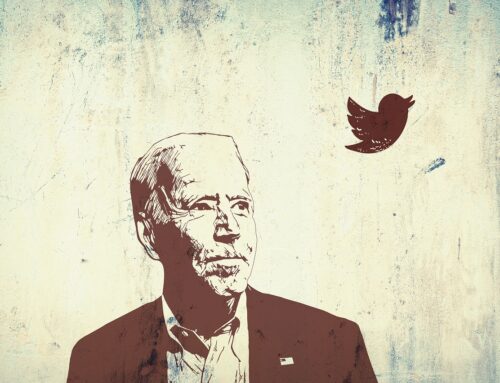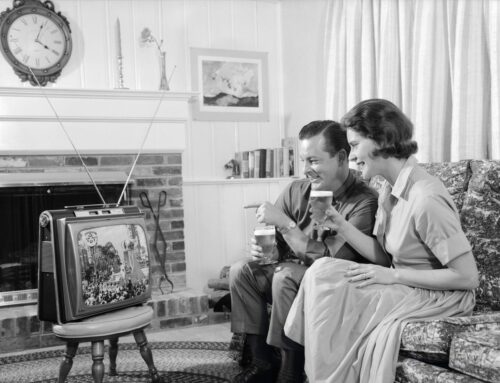Too often, police have to respond to events that aren’t really police business
The demonstrations, looting and destruction that followed the killing of George Floyd should cause Americans to ask: Should Donald Trump remain president? However, they should also consider what Joe Biden and his supporting cast of Democratic governors and mayors offer.
Coming after years of violence against the black community, Floyd’s death ignited an explosive mixture of frustration and suspicion. It tapped massing frustration across all racial groups with sagging living standards and inequality exacerbated by the COVID-19 crisis.
For low-wage, blue-collar workers and younger college graduates furloughed or permanently displaced during the shutdowns, the message from progressive activists — that crime and the resulting police violence can be curtailed by addressing income inequality through more government programs — finds a ready ear.
Younger Americans are increasingly disenamored with capitalism, sympathetic to social democratic solutions, and have lots of forced leisure to take to the streets.
As with any other mass demonstration in America, violent anarchists and well-organized criminal groups exploited the chaos —the first days of June, thieves were casing Manhattan stores by day to loot at night.
New York Mayor Bill de Blasio appeared to so restrain police that they could not maintain law and order. Only after President Donald Trump told governors to “dominate” the streets, and New York Gov. Andrew Cuomo finally found his voice and called out the mayor for malfeasance, did the police implement the kind of more serious measures necessary to secure the city. More effective strategies worked elsewhere too.
Trump’s choice of language was terrible. Police shouldn’t “dominate” the streets but rather take adequate steps in exceptional circumstances to “secure” the streets and “protect persons and property.”
Following his virtual conference with the governors, Trump took a pre-curfew stroll through Lafayette Square where his security detail cleared a path with smoke cannisters and pepper balls so he could be photographed holding up a bible in front of St. John’s Church.
What gets lost is that liberal police reforms have failed in our cities. And an executive order issued by the president and bills in Congress by Democrats and Republicans would likely create only some marginal improvements. They won’t change the police culture or unions.
Merck CEO Kenneth Frazier explained the civil unrest on CNBC by noting African Americans saw the video of the Derek Chauvin murder, nothing happened for several days and so they took to the streets. He should inform himself better.
Prosecuting police is a very difficult business. Convictions of a police officer requires not merely proving excessive force but that the police officer willfully violated the victim’s constitutional rights. A video is not enough, investigations can take months, or a bad officer can simply beat the charges in court.
The police officer, Derek Chauvin, was charged with manslaughter—later upgraded to second degree murder—in just four days.
The Democrats want to change “willful,” which means the officer knew what he was doing and intended to violate the law, to “recklessly” but those words will be weighed by juries who in more calm times are natural sympathetic to police fears of harm.
A more basic problem is that the police are called on and empowered to arrest in situations that are not fundamentally police matters — domestic disputes, drug overdoses and even harmless intoxication.
In Atlanta, two officers recently found Rayshard Brooks drunk and sleeping in his car. The situation escalated to violence and his death after one of the officers tried to handcuff and arrest him. Their general instructions should have been to drive him home or to a shelter or hospital.
For non-criminal or non-violent situations, some cities, like Eugene Ore., are developing alternative first responders—the idea is to keep harmless people out of the criminal justice system.
Another critical problem is the adversarial model of private industrial-labor relations applied to police. Unions have negotiated rules and safeguards in disciplinary processes that make it extremely difficult, perhaps virtually impossible, to remove bad officers until a terrible tragedy happens.
In Minneapolis, 2,600 civilian complaints have been logged since 2012. Those have resulted in only 12 disciplinary actions—the severest was a 40-hour suspension. The accused police officer has been subject to 18 prior complaints.
Biden needs to offer specific plans to fix this collective-bargaining mess, because without that he will have little more success than Trump.
Peter Morici is an economist and business professor at the University of Maryland, and a national columnist.
Peter Morici
Professor
Robert H. Smith School of Business
University of Maryland
New Cell: 703 350 9701
pmorici@rhsmith.umd.edu
Twitter: @pmorici1


